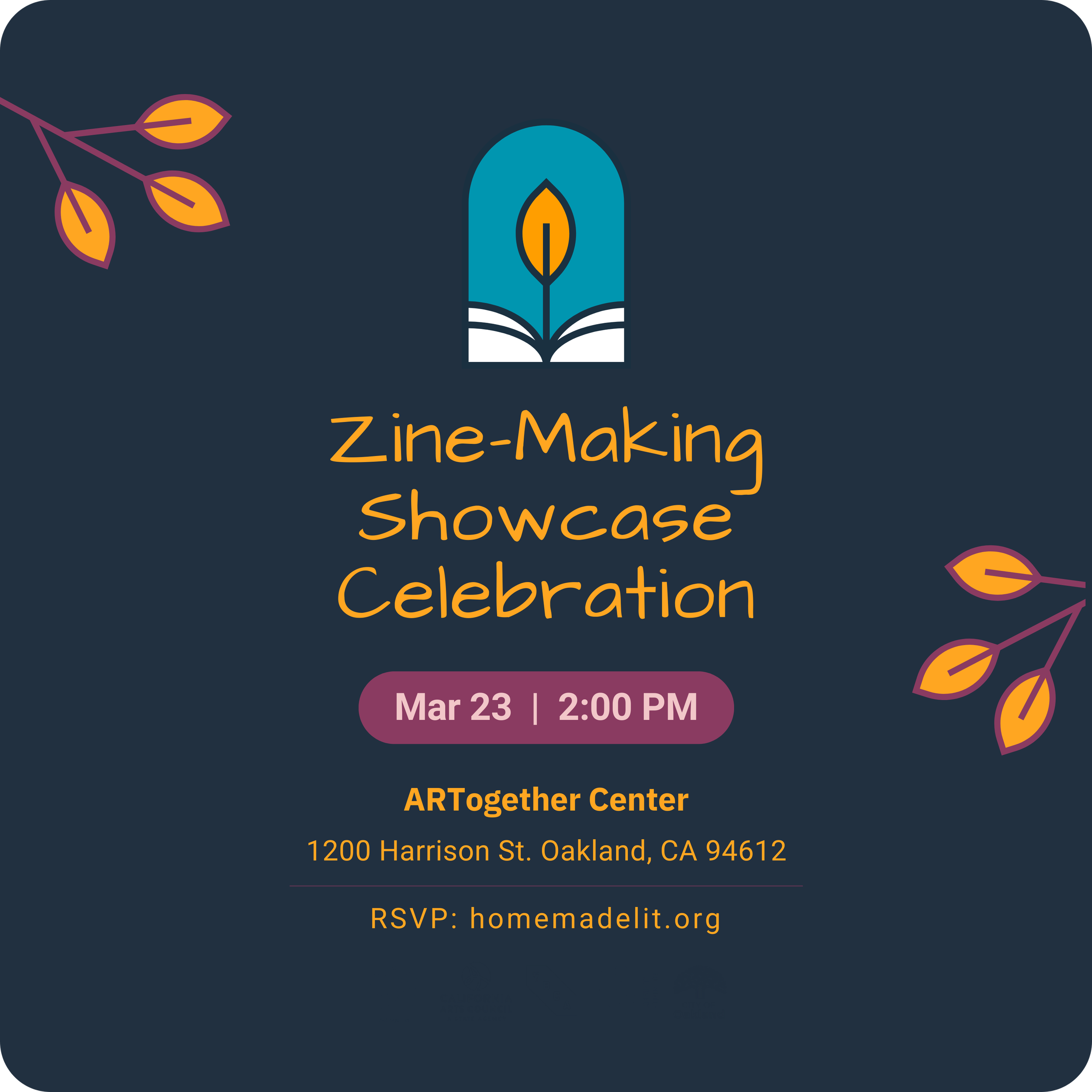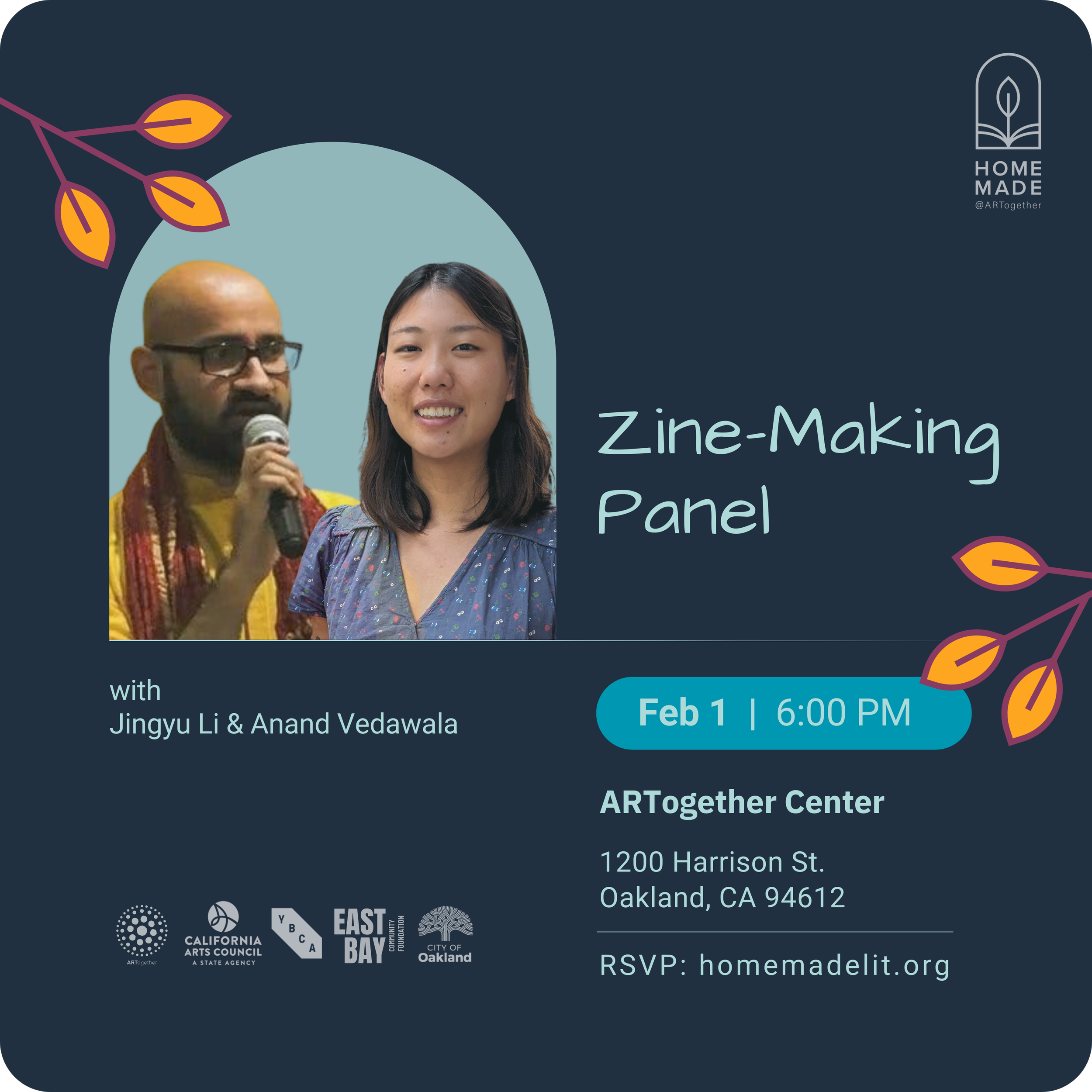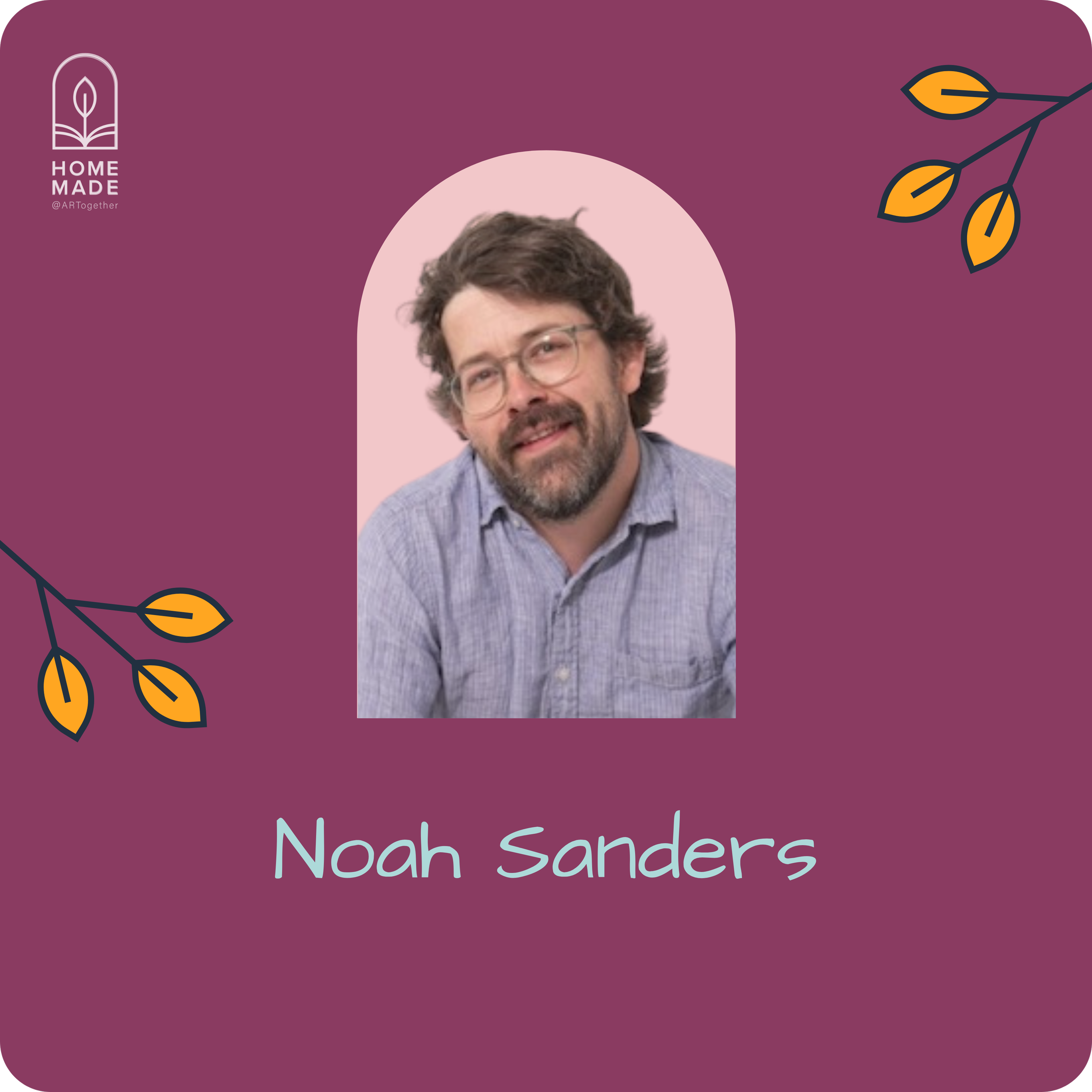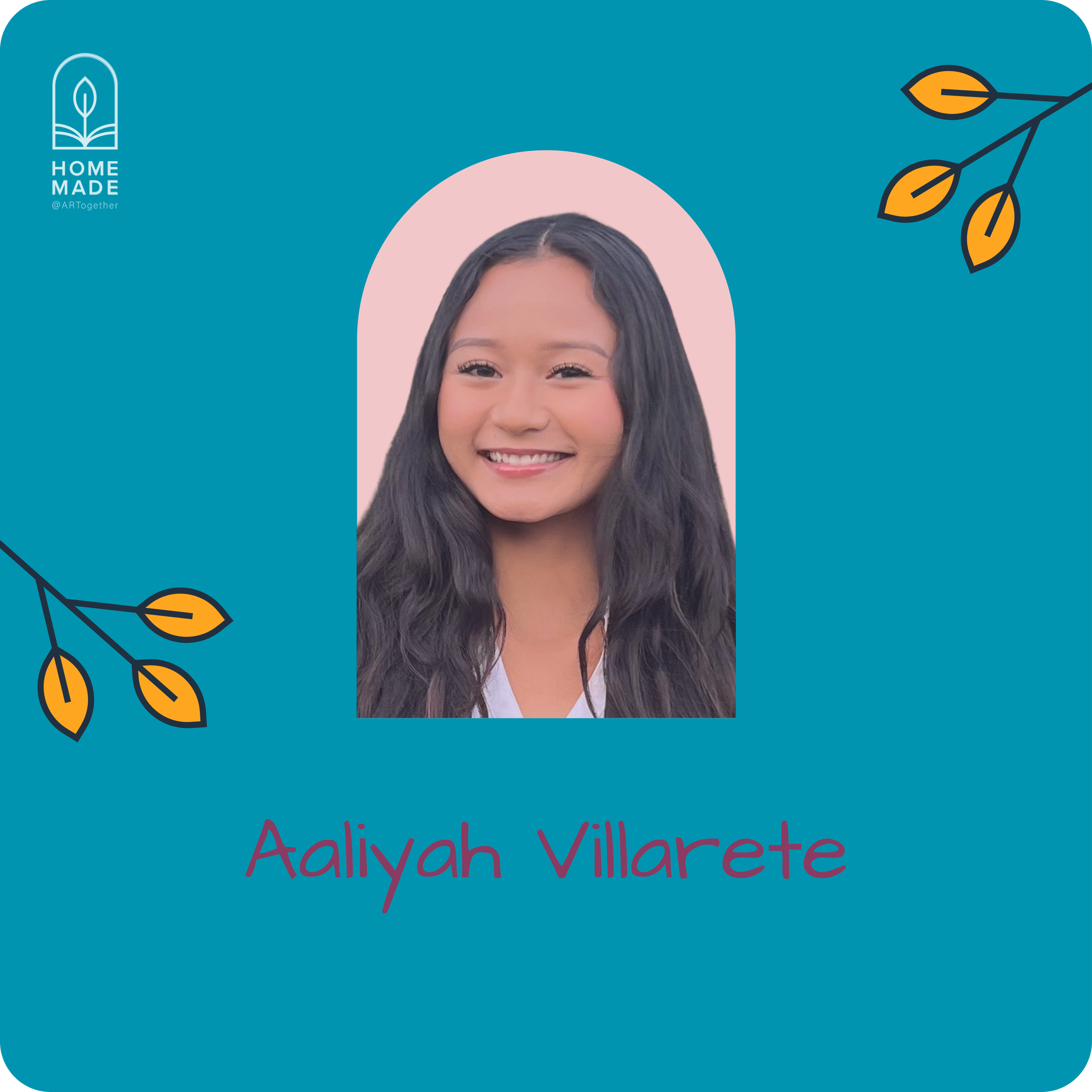Interview: ANAND VEDAWALA
HOME MADE: We’re so excited that you’ll be joining us as a panelist AND a workshop facilitator this year. To get started, I’d love to learn more about your latest projects.
ANAND VEDAWALA: I have a tendency to work on multiple projects at once so I feel like I’m always procrastinating on one project by working on one of the other projects. It seems I will always be working on expanding a zine I started writing about my mother back in 2015. I want to see it completed as a 120 page book–maybe then I’ll let her read it. Last year, I ended a five year relationship, and I’ve written many pages about it to help me process it all, but I end up abandoning any zines I draft or just deleting my writing. I know I’m not ready to express my thoughts in words, so I’ve been playing around with using flowers, leaves, and stems from my yard to help me tell a story. Another project is actually about gratitude. Friends and family have been incredibly supportive and a source of nourishment this past year that I often find myself smiling while running errands or commuting to work. So, I’m writing a zine about finally seeing the happiness others create and wish for you.
HM: On the topic of zines… how did you start making zines?
AV: It really was seeing a collection of zines a friend had, and realizing I wanted to make zines too. More importantly, I wanted to talk about my experiences. But, it was collaboration with friends that helped me sustain zine-making.
HM: What was most surprising/enjoyable during/after making the zines?
AV: Just being able to hold a completed zine is a satisfying feeling. You’ve created something that’s yours, that someone couldn’t deny. You get to say what you want, you have a platform, and you realize you’ve always had one.
HM: I agree. It’s so liberating and empowering that way. Has zine-making influence or inform your writing practice/process?
AV: I often think of zines as a playground for me to experiment and be comfortable with mistakes. The accessibility of zines helps me take more risks with my writing, especially in terms of subject matter.
HM: How do you usually approach making your zines? One example may be: Does the broad idea/theme of the zine come to you first and you write the individual pieces for the project? Or do you write individual pieces first as they come to you and after collecting a pile of them, that’s when you start to compile them together?
AV: It varies zine to zine, though often it’s me being inspired by something that happened to me. I write down meaningful interactions when I think I want to explore them more or sometimes an idea for particular layout/construction will come to me, and so I’ll write that down. For example, the idea of my zine Crushed came from a friend once commenting that our walk around Lake Merritt felt like a “rom com.” So, I decided to write about different moments in my life that could’ve easily have been from a romantic comedy. The zine Hair came about because a friend suggested I do something more with a stand-up routine I had done.
“I often think of zines as a playground for me to experiment and be comfortable with mistakes. The accessibility of zines helps me take more risks with my writing, especially in terms of subject matter.”
Anand Vedawala reading from one of his many zines.
HM: If we could go back in time a little… What first led you to writing?
AV: In 2007, six months into being a civil engineer, I was stuck in rush hour traffic in my hour-long commute home. I remember realizing I didn’t want to be a civil engineer for the rest of my life, and I knew I wanted to do something creative, an art project. That art project led to an annual collaborative zine, which I curated and edited for 10 years.
HM: That’s amazing! So, continuing this thread, if you could go back to when your Younger Self was just starting out on this writing/artistic path, what would you say to that person?
AV: Backup your writing! I used to save everything on my harddrive and one day my PC crashed, and I lost years of writing and project ideas. And also, document the happy moments you’re experiencing because you won’t remember them as well when you’re older. You grew up in a supportive and loving home, but it’ll take you years to realize that unless you write about those happy moments now.
“...[D]ocument the happy moments you’re experiencing because you won’t remember them as well when you’re older... it’ll take you years to realize that unless you write about those happy moments now.”
HM: Can you share with us 3 books or creative projects that are most influential to your most recent project? Or more broadly, your overall sensibility?
AV: I keep rewatching the show BoJack Horseman because of the writing, but especially for the depictions of characters trying their best to love, to make meaning of their lives, and find happiness in spite of trauma and addictions and their own self-sabotaging behaviors.
I read the poetry book Don’t Call Us Dead by Danez Smith a few years ago, and I still think back on how Smith is able to balance being blunt and tender with their words. The poems made me cry on the BART on three separate occasions.
I’m a kindergarten teacher, so I often read picture books to my kids. There are many that I’m moved by, but the most recent one that made me cry was Small in the City by Sydney Smith. Without giving too much away, I will just say that for me it’s about realizing that someone may not come back and so you must say goodbye.
HM: Lastly, what does home or home-making mean to you, esp in the context of the work/writing that you do?
AV: Home is where I’m able to be myself without fear of judgment or violence. Home is having friends and family to love, and neighbors who knock on your front door and ask if you’d like some pho they’ve made. Home is where my mother sends me care packages throughout the year, and especially during Diwali. Home is where I sleep peacefully.
Anand Vedawala is a queer South Asian immigrant who is also a kindergarten teacher for San Francisco Unified School District and the executive director of San Francisco Zine Fest. His self-published book 100 Years from Now Our Bones will be Different with Lawrence McWilliams received a starred review from Publishers Weekly, and his zine Hair was declared Best Zine and Best Perzine by Broken Pencil Zine Awards.























